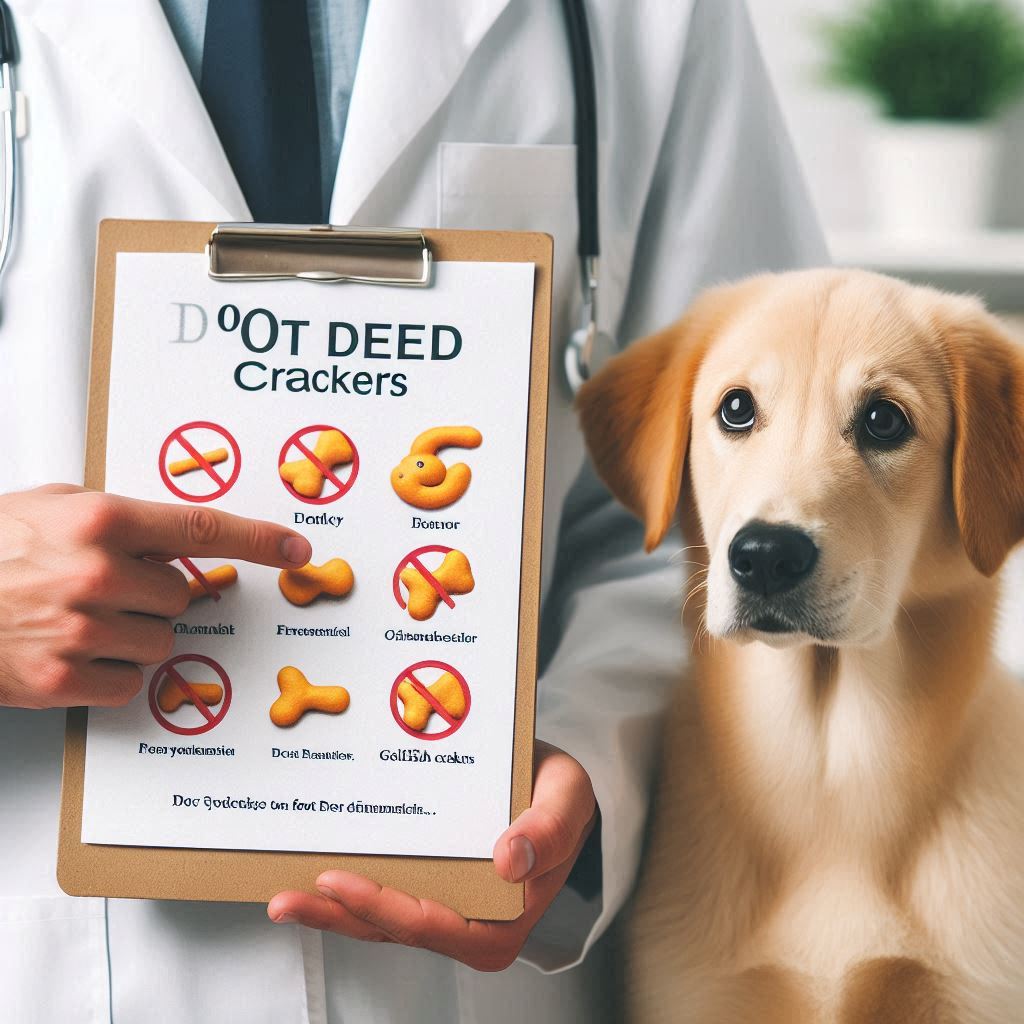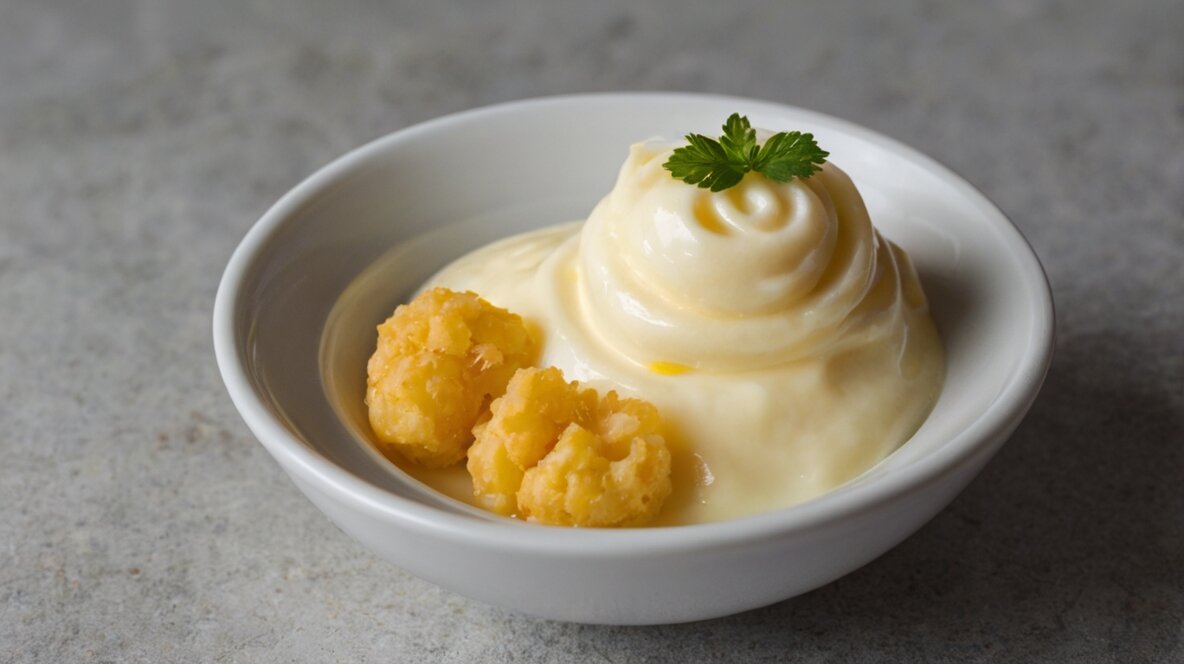Table of Contents
Introduction to Cats and Corn
Can Cats Eat Corn, Cats are known to be obligate carnivores, meaning their diet is naturally meat-based. However, many curious cat owners may wonder if non-meat foods, like corn, are safe for their feline companions. Corn is a common ingredient found in many processed foods, and it sometimes makes its way into pet food too. But, is it safe for cats? In this guide, we will explore everything you need to know about feeding corn to cats, the risks and benefits, and how to safely incorporate it into their diet if you choose to do so.
Nutritional Overview of Corn
Corn is a grain that is rich in carbohydrates, vitamins like B6 and B9, and minerals such as potassium and magnesium. It’s a staple in human diets, but does it offer any nutritional benefits for cats? While corn can provide a source of energy through its carbs, it lacks the essential proteins and amino acids that cats need. Cats thrive on diets rich in animal protein, making corn less significant in their overall nutritional needs.
Is Corn Safe for Cats?
Potential Benefits of Corn for Cats
While corn is not harmful in small amounts, it’s not exactly beneficial for cats either. Some cat foods include corn because it is a cheap filler that helps bulk up the product. The fiber content in corn may aid digestion, and some cats may enjoy the texture, but there are no substantial benefits for a carnivorous animal like a cat.
Risks Associated with Feeding Cats Corn
Feeding corn to cats can come with risks. Since corn is not a part of their natural diet, it can cause digestive issues such as stomach upset or diarrhea. Furthermore, cats may develop allergies to corn, especially if it’s a large part of their diet in commercial cat foods. Another risk is that the high carbohydrate content can contribute to obesity if overfed, especially in indoor cats with lower activity levels.
The Digestive System of Cats
How Cats Process Plant-Based Foods
Cats are designed to process meat efficiently, but plant-based foods can be harder for them to digest. While their bodies can break down small amounts of grains like corn, their digestive systems are not optimized for plant-based nutrition, meaning the nutrients in corn are not as effectively absorbed.
Understanding Carnivores and Their Diet
Being obligate carnivores, cats rely on meat to get vital nutrients such as taurine, arginine, and certain fatty acids that they cannot synthesize from plant material. While occasional consumption of corn may not harm your cat, it should never replace the core elements of a meat-based diet.
Can Cats Be Allergic to Corn?
Common Food Allergies in Cats
Food allergies in cats are not uncommon, and one of the potential allergens in their diet can be corn. Just like humans, cats can develop sensitivities to certain foods over time, and corn is one such allergen for some felines.
Signs of Corn Allergy in Cats
Symptoms of a corn allergy may include itching, excessive scratching, ear infections, vomiting, and diarrhea. If your cat shows these signs after eating corn, it’s important to consult a veterinarian and remove corn from their diet.
How to Handle a Cat Allergic to Corn
If you suspect your cat has a corn allergy, the best course of action is to eliminate corn from their diet. This may involve switching to a grain-free cat food and closely monitoring any future allergic reactions.
How to Safely Cats Eat Corn
Types of Corn You Can Give to Your Cat
If you choose to give your cat corn, it’s important to consider the type. Plain, cooked corn with no added seasonings or butter is best. Corn on the cob should be avoided as it presents a choking hazard, and canned corn should be rinsed to remove any added salts or preservatives.
Proper Preparation of Corn for Cats
Always ensure that the corn is properly cooked and served in small amounts. Uncooked corn can be difficult for cats to digest, leading to gastrointestinal discomfort.
Portion Control – How Much Corn Is Safe?
Cats should only have corn as an occasional treat. Cats eat corn, A tablespoon of cooked, plain corn once in a while is sufficient and will not harm your cat. However, make sure this does not replace their regular food, as corn lacks the essential nutrients that cats need to thrive.
Corn in Commercial Cat Food
Why Some Cat Foods Contain Corn
Corn is commonly used in commercial cat foods because it’s an inexpensive ingredient that helps bind the kibble together. It provides a source of carbohydrates, cats eat corn but it’s mainly used as filler rather than for nutritional value.
Is Corn Filler Beneficial for Cats?
While corn fillers are not harmful in moderation, they don’t contribute much to a cat’s health. Cats eat corn and require protein, and corn does not provide enough of the essential amino acids necessary for their well-being.
How to Choose the Right Cat Food with or Without Corn
If your cat shows no signs of corn allergies or digestive issues, choosing a food that contains corn is generally safe. However, if you prefer to avoid fillers, there are plenty of high-quality, grain-free cat foods available that focus on animal proteins.
Alternatives to Cats Eat Corn
Healthier Human Foods Cats Can Eat
If you want to treat your cats eat corn, there are many healthier options than corn. Small pieces of cooked chicken, fish, or eggs can be nutritious and enjoyable for your cat.
Avoiding Harmful Human Foods for Cats
It’s important to be cautious when giving human food to cats. Cats eat corn, Some foods, like onions, garlic, and chocolate, are toxic to them and should be avoided at all costs.
Conclusion
In conclusion, while cats eat corn technically in small amounts, it’s not necessary for their diet. As obligate carnivores, cats require a diet rich in animal-based proteins to thrive. Corn may not harm them, but it doesn’t provide their essential nutrients. Always ensure your cat’s primary diet is composed of high-quality, meat-based foods, and treat corn as an occasional indulgence rather than a staple.
FAQs
Can Corn Be a Regular Part of My Cat’s Diet?
No, corn should not be a regular part of a cat’s diet, cats eat corn. It lacks the necessary nutrients that cats need to stay healthy.
Is Corn Toxic for Cats?
Corn is not toxic for cats, but it offers little nutritional value and can cause digestive upset if consumed in large quantities.
What Should I Do if My Cat Accidentally Eats Corn?
If your cat eats a small amount of corn, there’s no need to worry. Monitor for any signs of digestive issues, and consult a vet if symptoms persist.
Can Kittens Eat Corn?
Kittens should not be given corn as their digestive systems are still developing, and they require a protein-rich diet to support their growth.
Should I Consult a Vet Before Giving My Cat Corn?
Yes, it’s always a good idea to consult with your veterinarian before introducing any new foods into your cat’s diet.


